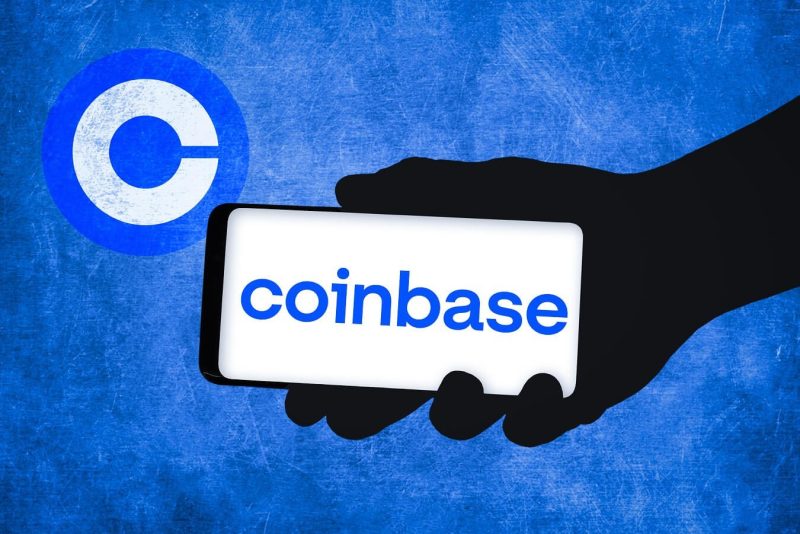The Federal Deposit Insurance Corporation (FDIC) faces accusations of withholding additional crypto-related “pause letters” as part of an ongoing Freedom of Information Act (FOIA) lawsuit backed by Coinbase. The lawsuit stems from allegations that the FDIC discouraged banks from working with crypto firms, an effort the industry has labeled “Operation Chokepoint 2.0.”
FDIC’s Alleged Omissions
On January 17, History Associates, a firm working on the Coinbase-supported lawsuit, filed a status report in a Washington, DC federal court claiming the FDIC may have withheld additional pause letters. These letters reportedly advised financial institutions to halt crypto operations pending regulatory reviews.
The firm also alleged that whistleblower reports suggest the FDIC has a history of obstructing FOIA requests and may have failed to disclose at least 150 relevant documents.
Paul Grewal, Coinbase’s chief legal officer, criticized the FDIC’s approach, accusing it of playing “word games” by limiting its search to pause letters issued between March 2022 and May 2023, as identified in the FDIC Office of Inspector General’s report. Grewal suggested that other pause letters might exist beyond this timeframe and requested that the agency broaden its search.
“When we asked them to fix their supposed reasonable interpretation and stop playing word games, they told us it would take at least a year,” Grewal wrote on January 16.
FDIC’s Defense
In its January 17 response, the FDIC maintained that it had complied with the FOIA request by producing all relevant documents within the specified timeframe. The agency stated it would treat requests for letters outside this scope as a separate FOIA inquiry, which it would review on an expedited basis.
The FDIC also argued that History Associates has no reasonable basis to believe additional letters exist or fall under the original request.
Political Pressure Builds
The allegations have drawn attention from lawmakers, including Wyoming Senator Cynthia Lummis, a known crypto advocate. In a January 16 letter to the FDIC, Lummis warned that if the accusations of document destruction or investigation obstruction are true, the matter could lead to criminal referrals to the Department of Justice.
The case began after Coinbase CEO Brian Armstrong filed a FOIA request in 2022 to obtain pause letters sent by the FDIC to banks working with crypto firms. The heavily redacted letters provided by the FDIC prompted Judge Ana Reyes to demand more transparency. Coinbase later hired History Associates to assist with the FOIA request, but after further denials, the legal battle escalated.
The crypto industry has long viewed “Operation Chokepoint 2.0” as a concerted effort by federal agencies to limit banking access for crypto businesses, a claim the FDIC has not publicly addressed.
